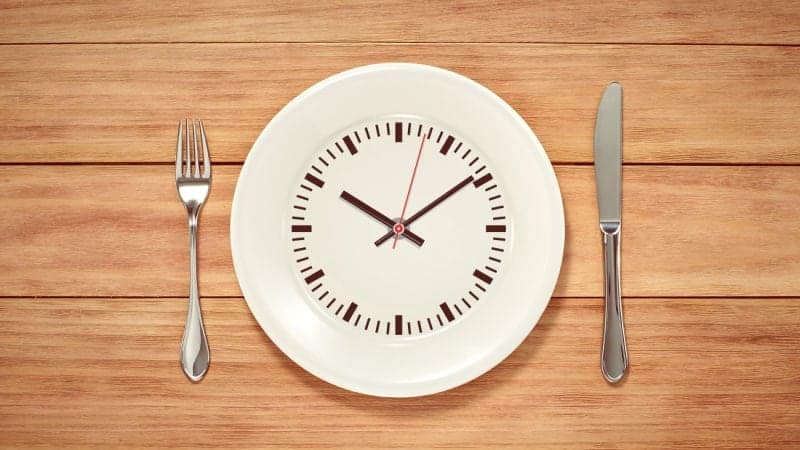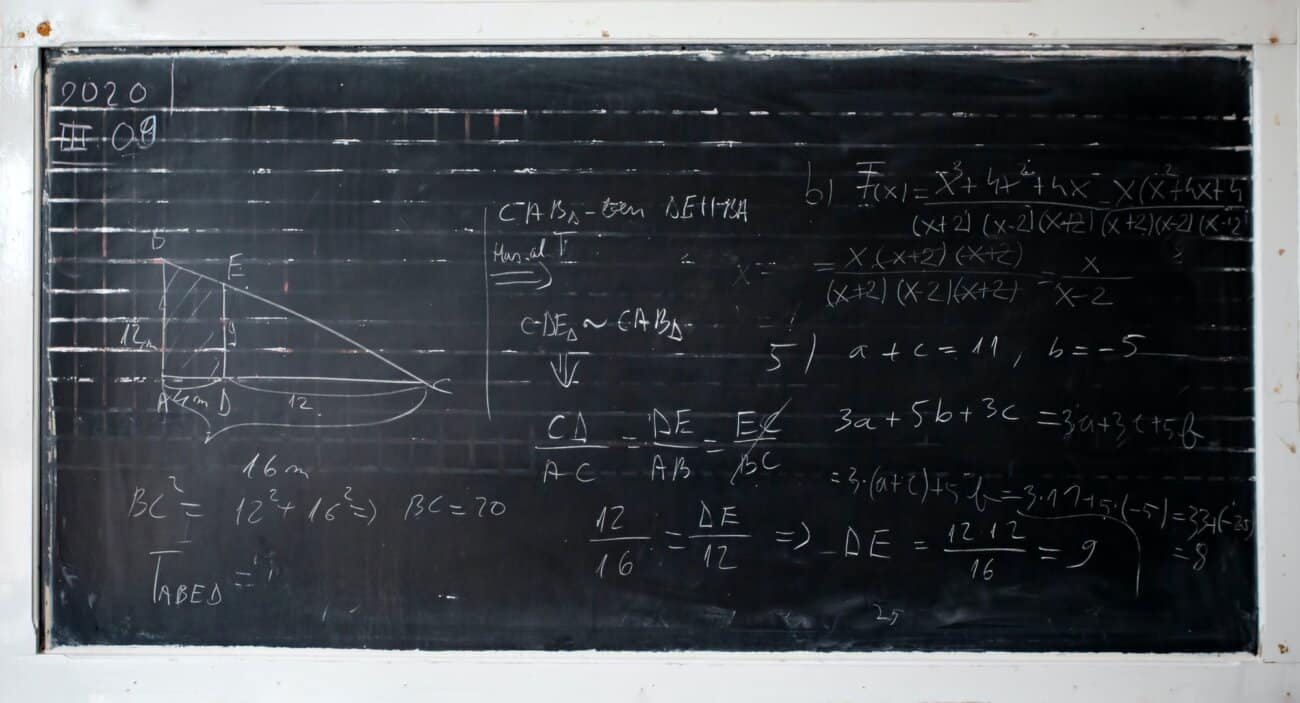Is Intermittent Fasting just a fad or is it really worth it?
There is a topic that I became more popular with on my journey, most likely because it is something completely outside what is generally recommended and what we always hear about.
A few years ago, about 4-5 years ago, I heard about a protocol called IF, which stands for Intermittent Fasting, or in Portuguese, Intermittent Fasting.
Intermittent Fasting basically consists of a protocol in which we eat our meals during a certain period of hours, for example 8 hours, and the rest of the day we eat nothing, that is, we fast.
This topic sparked my interest for a variety of reasons, namely because of the wonders it offered, including:
- Eating a lot at each meal
- Eat what you want after training
- Grow and dry at the same time
Of course it was my misinterpretation of reality, as I was looking again a magic formula that does not exist.
This protocol has become increasingly famous over time, however, be skeptical whenever you hear things like this:
- “Calories don’t count as long as you eat within an 8-hour hourly window!”
- “Your body will assimilate all the junk you eat after training, because it will turn everything into muscle and not fat!”
Although IF is a protocol that I have applied to many people I have worked with and used, including myself, for many years, I conclude the following: there is no diet in which the hourly window overlaps in any way with the total daily caloric intake or the respective division of macronutrients.
In this sense, the basis of any diet must be an appropriate caloric intake, with appropriately adjusted macronutrients.
In my particular case, I used IF, with an 8-hour window in which calories were consumed and I spent 16 hours every day without eating. Why is this?
- It's much easier to prepare fewer meals
- It is easier to count macros, being more coherent and accurate
- We easily learn to control our appetite and feel extremely full after large meals.
- Theoretically, some studies corroborate that it would be an effective way to burn more “stubborn fat”. This will only apply to people with very low fat percentages (<10%)
Big Meals vs Small Meals
Why do I prefer to place people with larger meals?
It's a matter of playing with the daily budget.
People with fewer calories (possibly in the cutting phase) usually benefit, from a psychological point of view, by eating larger meals.
What about simplicity?
Most people will have great difficulty following the bro-bodybuilding style of 8 meals a day. It will be more difficult to follow 3-4 meals a day, trying to achieve the same number of calories, with the same results (at least).
Basically, what shocks people the most is avoiding one meal a day, breakfast.
But in truth, is this meal really that important?
Let's make a small analogy.
Breakfast in English is called “breakfast”, break means to break and fast means fasting. In this sense, breakfast is the meal that breaks the overnight fast, that is, this protocol only extends the fast, meaning that the first meal is at lunchtime.
Conclusion
The number of meals per day, or the time at which they are eaten, does not have a beneficial effect on the final result with regard to the level of body composition.
Therefore, try to use your personal preference for this purpose.
Create a routine that suits your life and allows you to use the caloric intake that suits your goals, without being tied to restricted hours or numbers.
In my particular case, I live well on two meals a day, but I don't blame anyone who has to divide them into four or five, as long as this division allows you to maintain rigor and precision.
In short, is this protocol worth it?
It's no magic formula, but in many cases, it's a great asset in achieving your goals without unnecessary sacrifices, and achieving excellent results.
Finally, here are some interesting studies related to the topic.
This study makes a comparison between one meal a day and three meals a day.
Individuals who consumed just one meal per day had a decrease in fat mass and cortisol.
This study concludes that eating seven meals does not increase metabolism compared to eating two meals a day.
This study shows that there are no significant differences in fat loss between 3 meals a day and 6 meals a day.
This study shows that meal frequency does not increase metabolism.
Two meals compared to six meals, again no big differences.
Article written by Team Sik Nutrition
[author image=”https://ginasiovirtual.com/wp-content/uploads/2016/01/logo-sik.jpg” ]Team Sik Nutrition is a recent group of people passionate about the world of Fitness. The Team's focus is to guide, educate and motivate those interested in achieving their health and fitness/performance goals. All this sharing is based on scientific facts and the experience of Team members.
The CEO of Team Sik Nutrition is João Gonçalves. Amateur powerlifter, passionate about Fitness and writing articles.
[/author]





